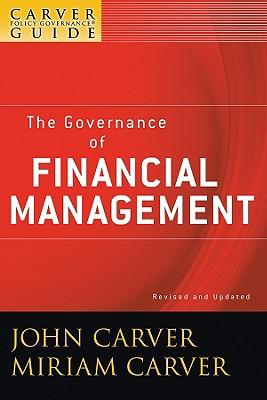Question
Homer and Marge own 80% of a Jimmy Johns franchise. Bart is their operating partner and owns the remaining 20% of the company. Bart is
Homer and Marge own 80% of a Jimmy Johns franchise. Bart is their operating partner and owns the remaining 20% of the company. Bart is charged with managing the day-to-day operations of the company. In this role, Bart receives a salary, a company car and a bonus. Bart also stands to gain from future dividends and the growth in the value of the company. Homer and Marge derive all of their value from the company from future dividends and the growth in the value of the company. Since bonuses are earned immediately and dividends are earned in the future, this relationship is vulnerable to what kind of problem common with corporations where managers do not own the (entire) company?
______________________________________________________________________
In market bubbles (such as the technology boom of the late 1990s and the real estate/mortgage boom of the mid-2000s), managers come under intense pressure to maximize the market price of their company (e.g. its stock price). This can result in a short-term focus for many managers resulting in decisions to try to maximize near-term earnings. Sometimes this focus results in poor management decisions. Many times, it even leads to earnings-manipulation and, in the worse cases, fraud. This is why, in the instructors opinion, so many financial frauds are discovered shortly after market bubbles. If not, maximizing market price, what should managers primary objective be?
______________________________________________________________________
A firms (or any financial assets) value is determined by its future cash flows. To estimate what a firm is worth today, you must discount those future cash flows by the firms weighted average cost of capital (WACC). The WACC is determined by a firms cost of debt and its cost of equity. In turn, the general level of interest rates in the overall economy affects these costs. Thus,
What happens to the value of a financial asset in a rising interest rate environment (all else equal)?
________________________________________________________________
What happens to the value of a financial asset in a declining interest rate environment (all else equal)?
________________________________________________________________
Step by Step Solution
There are 3 Steps involved in it
Step: 1

Get Instant Access to Expert-Tailored Solutions
See step-by-step solutions with expert insights and AI powered tools for academic success
Step: 2

Step: 3

Ace Your Homework with AI
Get the answers you need in no time with our AI-driven, step-by-step assistance
Get Started


